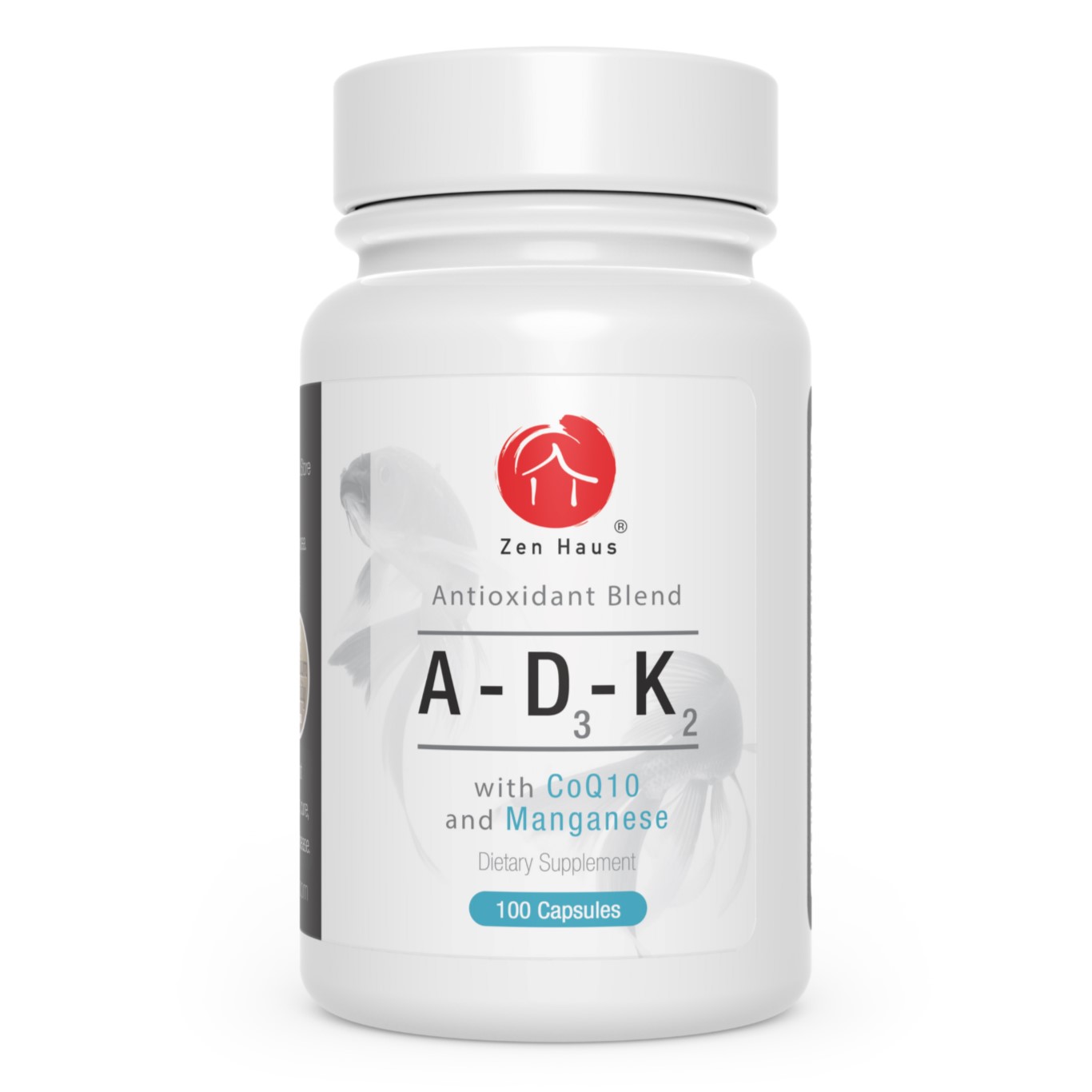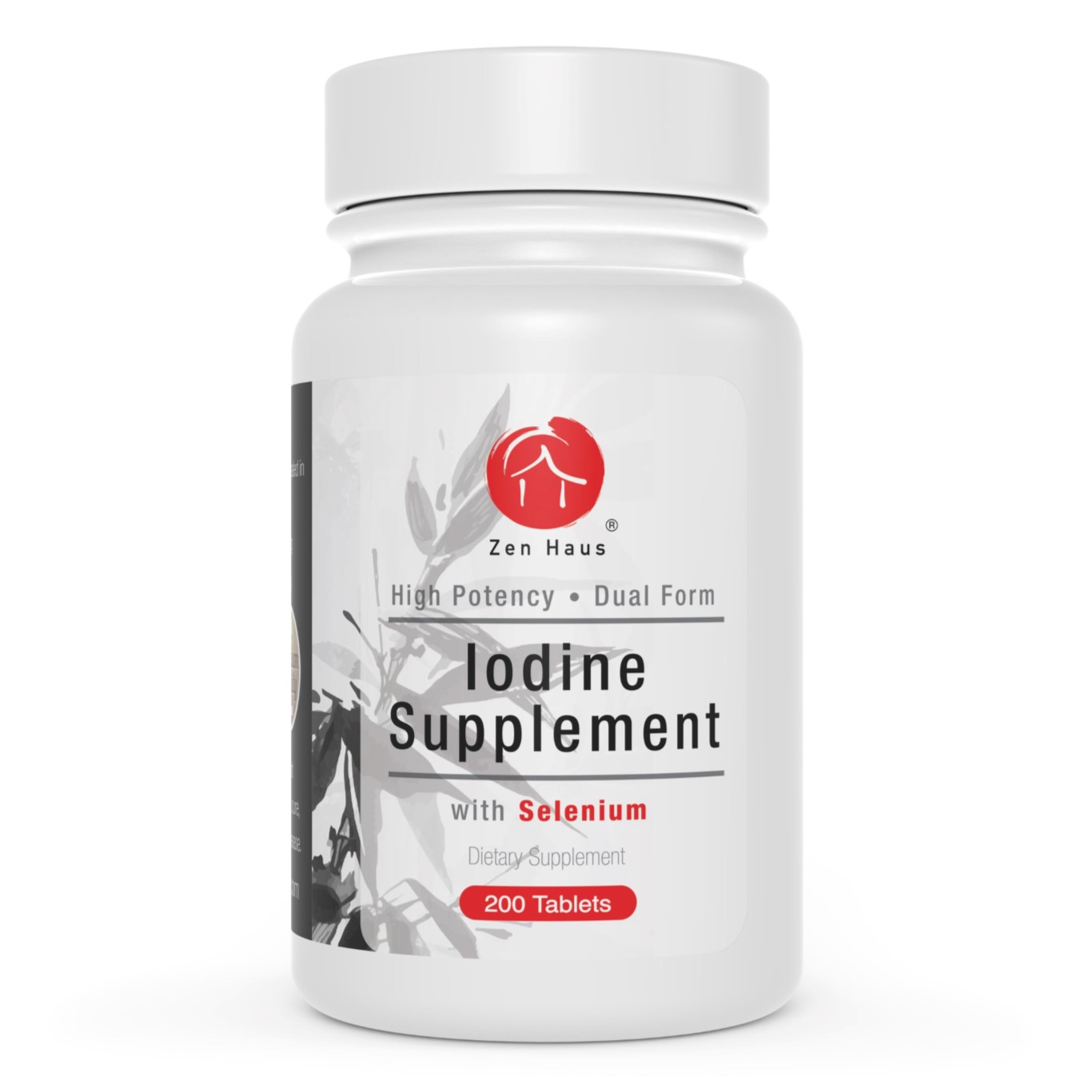Coronavirus, The Immune System and Stress
Part I
…your body fights the (COVID-19) illness.
United Kingdom National Health Service
Coronavirus, The Immune System and Stress
This post will offer a simple frame for thinking about the Coronavirus disease (COVID 19) pandemic which has generated a whirlwind of fear and panic around the world. We will consider the nature of the disease, the advice given by the health authorities and why we should strengthen the immune system as an additional line of defense.
What is the Coronavirus?
Coronaviruses are a group of related viruses that cause diseases in mammals and birds. We already have experience with coronaviruses. Four common human coronaviruses cause 15-30% of common colds. The name is simply a physical description of the virus. Corona means crown. This virus is a sphere covered by virus particles. A 2-dimensional image of the virus looks like a crown.
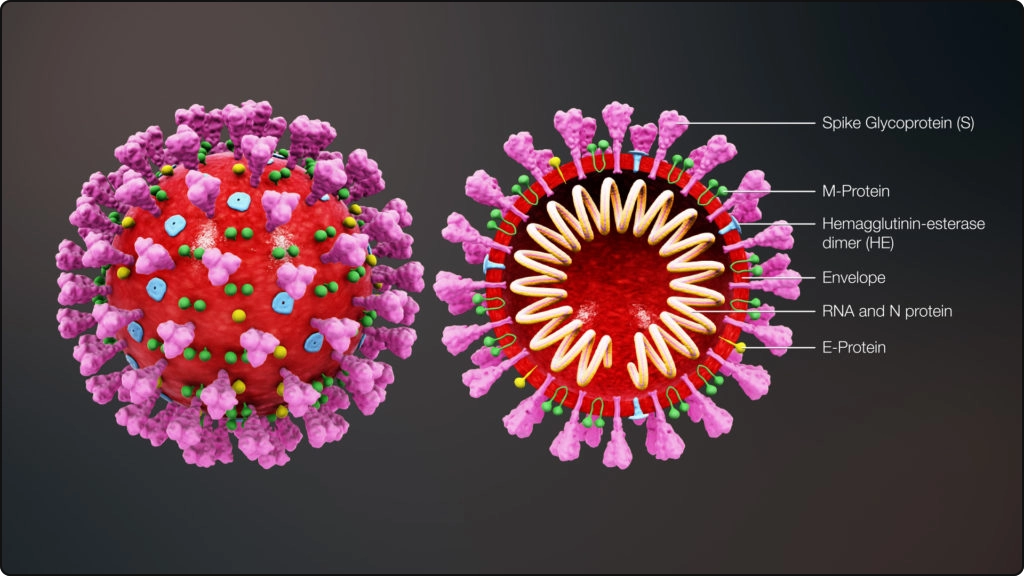
Coronavirus Disease (covid) is an Influenza-like respiratory disease. The symptoms are common to many other illnesses and include fever, cough and fatigue. It is difficult to determine if one has the virus based on their symptoms alone. The incubation period ranges from 2 to 14 days. The median incubation period is about 5 to 6 days. By the time you start experiencing the symptoms you may have had the disease for 1-2 weeks already. You may not experience any symptoms at all.
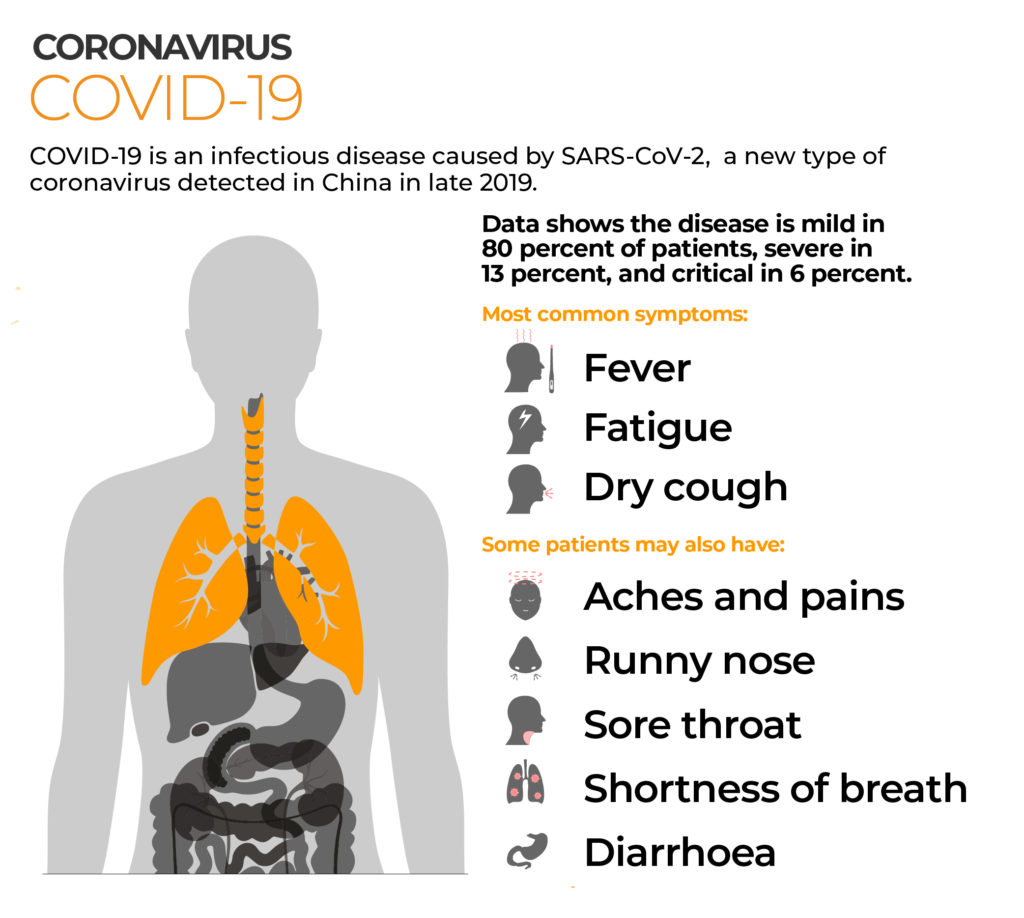
What do the Health Authorities say?
Let’s consider some key statements by health authorities in the US, Canada and UK.
There is currently no vaccine to prevent coronavirus disease 2019 (COVID-19).
The best way to prevent illness is to avoid being exposed to this virus.
At this time, there is no vaccine for COVID-19 or any natural health
products that are authorized to treat or protect against covid.
Most people with mild coronavirus illness will recover on their own.
There is currently no specific treatment for coronavirus.
Antibiotics do not help, as they do not work against viruses.
Treatment aims to relieve the symptoms while your body fights the illness.
According to the health authorities there are currently no specific treatments for covid. They emphasize higher standards of hygiene along with limited social contact to help reduce the spread of the virus. This strategy is solely based on avoidance and this is key to streamline the burden on the health care system. That is the priority of the health authorities. This article asks what else can we, as individuals and families, do to be best positioned now that we are faced with the threat of this virus?
Analysis
Given the latent onset of symptoms, which themselves are indistinguishable from common ailments, one may not expect prevention and containment to be a reliable strategy on an individual level. We should make every effort to prevent the spread of the virus. We should also prepare ourselves and our loved ones for the possibility of contracting the virus. You will likely not know when you have contracted the virus and by the time you begin to suspect having it you will already be late to the fight. Your best bet for overcoming the virus is to strengthen your immune system ahead of time so it is in top form if/when the virus shows up in your life.
Note the Canadian and UK statements above include the idea that we can overcome the disease using our body’s own defenses, and that most of us will overcome it naturally. Our immune system is our best defense against the virus. This is why the elderly and sick are the most vulnerable. If you are sick, or old, or both, it is likely that your immune system is compromised and this can lead to covid being fatal. This is also true for all diseases, including the common cold.
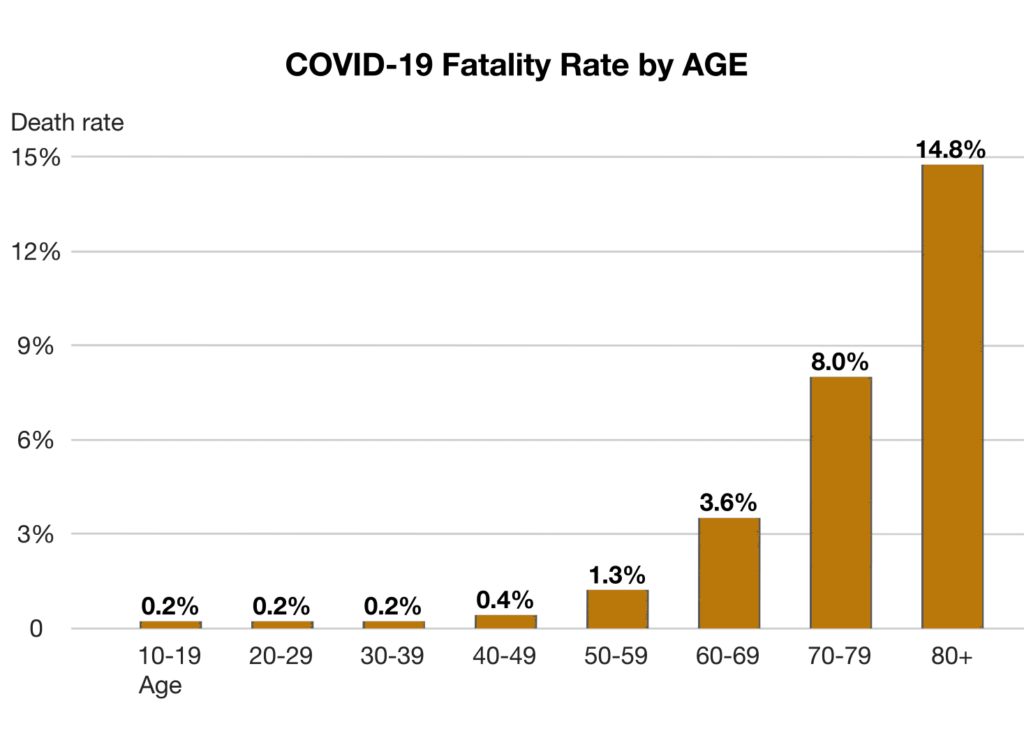
The idea that our body’s natural defenses can overcome covid is encouraging since we do not know if and when effective and affordable solutions will become available. Zen Haus has always maintained that we can get the most benefit from nutrition by taking an eastern view of medicine. The eastern view says the body is the best at protecting and healing itself and so, with respect to the virus threat, supporting the body’s own defense and healing processes should be the top priority. This view agrees with the statements by the Canadian and UK health authorities.
Most people … will recover on their own.
… your body fights the illness.
We believe the messages from these health authorities should be amended. Yes, hygiene and trying to limit the spread of the disease is important. We appreciate that their priority is to prevent or limit any societal catastrophes. However, our priority as individuals is to maintain and improve our health status. As individuals and families, we must take responsibility for our own health. We should be strengthening our immune system while being mindful of our mood and the stress we are taking on since stress can weaken your immune system.
Supporting the Immune System
The immune system is an internal defense system consisting of many structures and processes that protects us from disease. It is a complex network of interconnected organs, cells and processes that fights harmful bacteria and viruses while also controlling cells that are becoming destructive to the body. The immune system helps us avoid catching the flu (influenza) even while others around are coughing and spraying the virus into the air we breathe. A diminished immune function increases the susceptibility to infection from viruses, as well as pneumonia, which for some people is a major complication with COVID. An impaired immune function is also responsible for lung inflammation that contributes to lung pathology, including pneumonia.
Several factors influence the immune system and its competence, including age, genetics, nutrition, microflora, antibiotics, radiation therapy and stress.1 For now we can say age and genetics are beyond our control and so it will not be discussed here. The effect of antibiotics on the immune system is complicated and nuanced. We will explore this topic separately in another post. For now we take the conservative view that antibiotics is, overall, not good for the immune system because it kills good and bad bacteria indiscriminately. If you have taken antibiotics you can restore a healthful balance in the gut microbiome by eating probiotics, prebiotics, fermented foods and fiber. In our post on Radiation Health Risks it is made clear that radiation therapy can be devastating for the immune system because it kills cells indiscriminately. Tissues with rapidly-dividing cells are most susceptible to damage from radiation therapy. Bone marrow and intestinal lining are two important components of the immune system and both have rapidly-dividing cells.
We can support our immune system by ensuring the body receives adequate nutrition and sleep. Maintaining adequate healthy levels of microflora in the gut and actively managing stress will allow the immune system to perform better.
Nutrition
With just moderate malnutrition, including mineral and nutrient deficiencies, the immune response can be compromised. Immune function may be improved by restoring deficient micronutrients to recommended levels. This will improve resistance to infection and support faster recovery for the infected.2
Nutrients such as Iodine, Selenium, Vitamins A, C, E, D and Zinc are well-known for supporting the immune system.
Iodine
Iodine provides direct immune support and protects against invasion by foreign organisms, especially in the stomach. It helps to maintain healthy cells and keep the body free of toxins which reduces the burden on the immune system. An environment rich in iodine is unable to host harmful bacteria, viruses, and fungi that can make us sick. A key point to note is these microorganisms cannot adapt to iodine. Having tissues throughout the body with sufficient iodine may help shield us from pathogens. Iodine is also effective in suppressing autoimmunity and reinforces the T-cell adaptive immune system.
Your immune system depends on the body’s thyroid-driven metabolism for the energy to combat illness and dispose of dead cells. Ensuring you have enough iodine to produce thyroid hormones will provide the proper fuel needed to provide a stable and reliable defense against illness. In addition to providing energy for the immune system, iodine enhances the immune function by helping remove chemical and biological toxins. This reduces the burden of the immune system while it is actively fighting off the virus.
Viruses and Iodine
Influenza, or the flu, is a close study for coronavirus. The flu is a contagious respiratory illness caused by influenza viruses that infect the nose, throat and sometimes the lungs. Older people, young children and those with chronic diseases such as asthma, heart disease and diabetes are at increased risk for serious complications, including pneumonia. Influenza is an acute infectious disease that exerts a great effect on human society and causes huge medical and economic losses. The disease’s severe course, complications, and mortality are greatest in the elderly and those with underlying illnesses. The immune response is critical to the recovery from influenza infection.
Dr David Derry, MD, PhD wrote about iodine being an effective tool against influenza viruses.3 In his article titled Iodine: the Forgotten Weapon Against Influenza Viruses he makes the point that iodine, especially when used in various forms, can kill influenza viruses. This includes using iodine used in aerosols, cleaning agents and oral preparations, as well as being incorporated into masks.
The iodine circulating in the blood is captured by numerous tissue sites and ends up in mucus secretions. These tissues include the salivary glands, nasal secretions, lungs and stomach. Tissues and mucus products containing iodine defend against invasion by bacteria and viruses.4,5 Respiratory and oral transmission are key pathways for viral infections. With enough supplementation, iodine can be ever-present and ready to defend in both the upper- and lower-respiratory systems as well as in the stomach.
The lungs secrete mucus with iodine in it and some researchers think volatile iodine mixes with air in the tiny air sacs to enter the bronchioles.6 If this is true, it would serve as another barrier to the invading air borne viruses in the same way aerosol iodine does. Nebulizing with iodine may also be a good idea, especially if you are at risk of being exposed or already showing symptoms.
Stomach mucosa captures iodine from blood and secretes it into stomach cavities. Free iodine in the stomach kills bacteria and viruses and it deactivates biological and chemical toxins. There is a complex integrated system for protecting humans from viral or bacterial invasions via oral, nasal, and gastrointestinal routes and iodine has an important role to play.
Summary for Iodine
Iodine supports the immune system directly by suppressing autoimmunity and reinforcing the T cell adaptive immune system. Iodine kills flu viruses. It supports the immune system indirectly by providing the required energy and by helping to clear out toxins which reduces the burden on the immune system. As iodine is stored in tissues and mucous throughout the body it can serve as a shield for harmful bacteria, viruses and fungi. These microorganisms cannot adapt to iodine. Iodine may also be present in the air in our lungs and serve as another form of defense from viruses. Free iodine in the stomach kills harmful bacteria and viruses.
Iodine fits perfectly into the strategy because it enhances both prevention and resistance to the virus.
.

In Part II we continue our discussion with nutrients that support the immune system and also consider the roles sleep and stress management.
.
.
.

